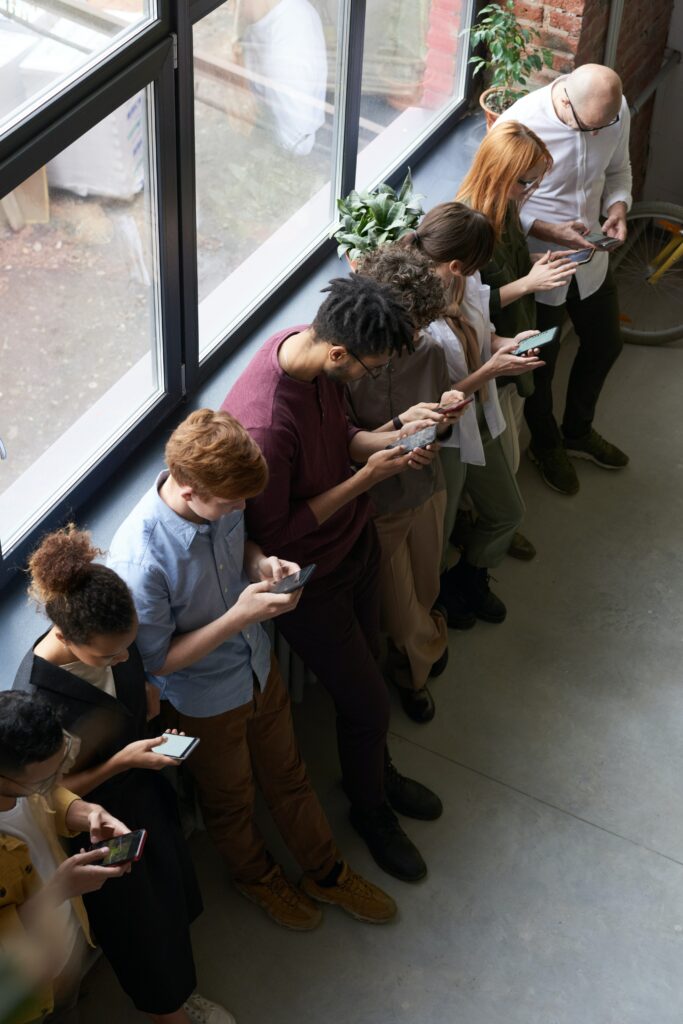The War on Drugs was a failure. Lots and lots of research and data have proven this(https://www.globalcommissionondrugs.org/reports). Likewise, abstinence-only sex education doesn’t work. Again, lots and lots of research and data have proven this(https://www.jahonline.org/article/S1054-139X(17)30260-4/fulltext). So why, as educators, do we take this approach to social media and modern digital technologies? The war on Tik Tok, Facebook, Snapchat, and Instagram has to stop. It’s unwinnable. The students won’t abstain. So, it is us who must adapt.

We had Jessie Miller in as a guest lecturer. He told us about the influence and integration of mobile tech in education. One of the early points he talked about is how society has now integrated modern technologies so deeply it’s part of our social infrastructures like roads or phones. He argued for the adaptation of these technologies into education instead of denying students access during class time.

After hearing Jessie speak, I certainly won’t be separating students from their devices unless they are using them for racism, bullying, or other more extreme behavioural issues. One of his key arguments against denying access to mobile technologies to students during class is the anxiety it produces. To be honest, while I had no intention of doing something as drastic as collecting phones from students, but I hadn’t put much thought into my mobile phone policy in class.
If the phone is just a distraction, that’s probably on me and my lesson. But, unfortunately, anything can be a distraction. While observing students in class, this became abundantly clear. I’ve seen students dissecting whiteout tape dispensers, counting change, and whittling pencils. So, back to Jessie’s point, educators should be working with this technology instead of fighting against it because its use by students is inevitable. You can’t stop a metaphorical river, but you can have some control over the direction of its flow.

I’m old enough to remember the mid 90’s and having computer blocks once a week in elementary school where we could have access to the internet. The schools saw this new technology, this new way of communicating, as something children needed to know how to use safely. For some reason, education stayed at that point while technology kept moving forward. We, as educators, need to catch up. We don’t need to know the ins and outs of every platform out there. The students will always know more than us. However, we should understand how to model being an “empathetic and ethical user.” (J. Miller, personal communication, September 24, 2021)
Cheers!
R
Leave a Reply
You must be logged in to post a comment.